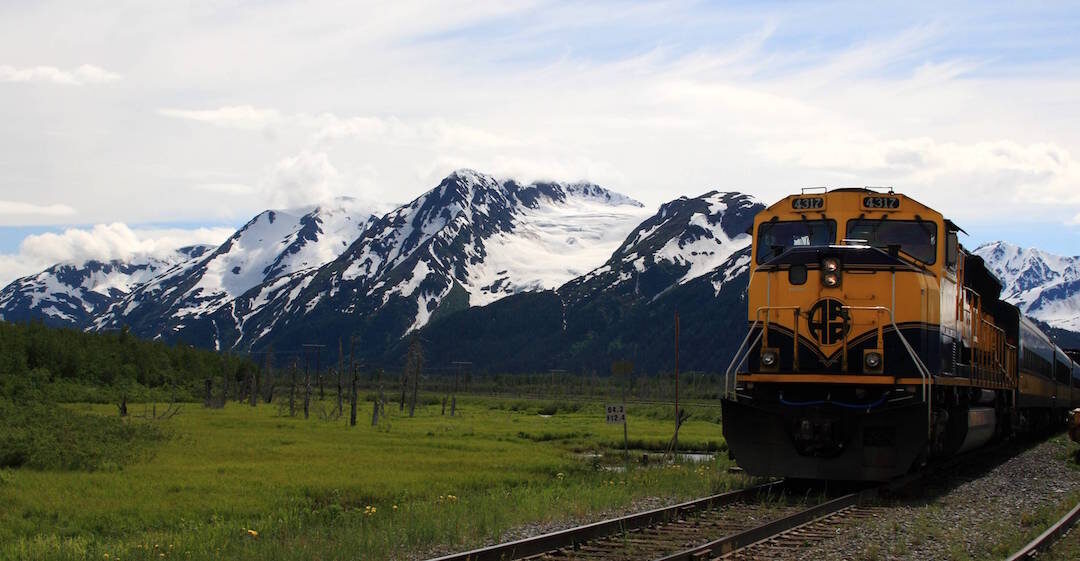Alaska Debates Whether to Allow Onsite Consumption

Getting Your Hands Dirty with a the Retail Supplies Market
March 22, 2018
On-Demand Services Become Vital Within the Maturing Retail Marketplace
March 23, 2018By J.J. McCoy, Senior Managing Editor for New Frontier Data
What We Learned: Especially with Alaska’s indoor culture, the popularity of social clubs would seem promising.
Were Santa to try and find some medical cannabis to help treat his lower back after completion of his Christmas rounds, a dispensary in Denali, Alaska, would be the closest location from North Pole, Alaska (2016 population: 2,232). But it would be no surprise: It was back in 1975 when the Alaska Supreme Court first ruled in favor of an adult individual’s right to privacy under the state constitution to personally possess and use a small amount of cannabis at home. That decision informed Alaska’s legalization of medical cannabis in 1998, and its adoption of an adult use program in 2014, upon passage through a voter initiative which was carried by a 53% to 47% margin.
That noted, it is only recently that Alaska has really been starting to see some traction within the cannabis space. This month, the Alaska Department of Revenue reported that the state received nearly $1 million in tax revenue from October cannabis sales. The official total of $953,591 set the state’s new single-month record for sales, derived from 1,004 pounds of flower (or bud) sold by farms to retailers, along with some 626 pounds of other plant parts purchased. In Alaska, flower is taxed at $50 per ounce, with trim at $15 per ounce (typically for processing into other products).
As attorney Jana Weltzin of Hoban Law Group shared with New Frontier Data through a regulatory update for the state, the most pressing issue of the day for the Alaska Marijuana Control Board (MCB) is the Onsite Consumption Endorsement, which last month came up for a third time at an MCB meeting, after having been tabled last February in anticipation of industry guidance from the then newly installed Trump administration.
Following Alaska’s 2014 passage of an adult-use program, proponents of onsite consumption argued that its regulations should be modeled after laws regarding alcohol consumption in bars. In short, those include watching out for overconsumption by and cutting off service to inebriates, being vigilant against illicit sales, and keeping out anyone not aged 21.
The MCB has accepted public comment on the measure, but not yet announced a public hearing to share the results. Were the measure to pass, Alaska would become the first state nationwide to allow onsite consumption at retail stores (Denver has a similar but limited pilot program prone to expire in 2020). Should substantive changes be made by the MCB board after considering the public comments and whether to adopt the draft regulation, the amended draft would head back out for another period of public comment.
The current draft (put out for public comment in August) includes the following:
- Rather than for a new license type, retail license holders may apply for the endorsement, and must submit amendments to premises diagrams and operating plans.
- The MCB recognizes that some municipalities have ordinances to address smoking, and it wants to respect the authority of local control per the issue.
- A building separate from the retail store may be used for consumption.
- The establishment may not sell alcohol or tobacco, but may sell non-cannabis food and
- Products consumed on the premises must be purchased from the retail store at the time of consumption, with regulation to set maximum amounts for purchase during a single transaction.
- Establishments that allow smoking consumption must include ventilation plans signed and approved by a licensed mechanical engineer and must be sufficient to remove visible smoke, must be consistent with applicable building codes, and must be isolated from other areas of the retail store.
- The area must include a smoke-free area for employees to monitor the consumption area.
- Applicable signage and warnings must be displayed in the consumption area.

J.J. McCoy
J.J. McCoy is Senior Managing Editor for New Frontier Data. A former staff writer for The Washington Post, he is a career journalist having covered emerging technologies among industries including aviation, satellites, transportation, law enforcement, the Smart Grid and professional sports. He has reported from the White House, the U.S. Senate, three continents and counting.




